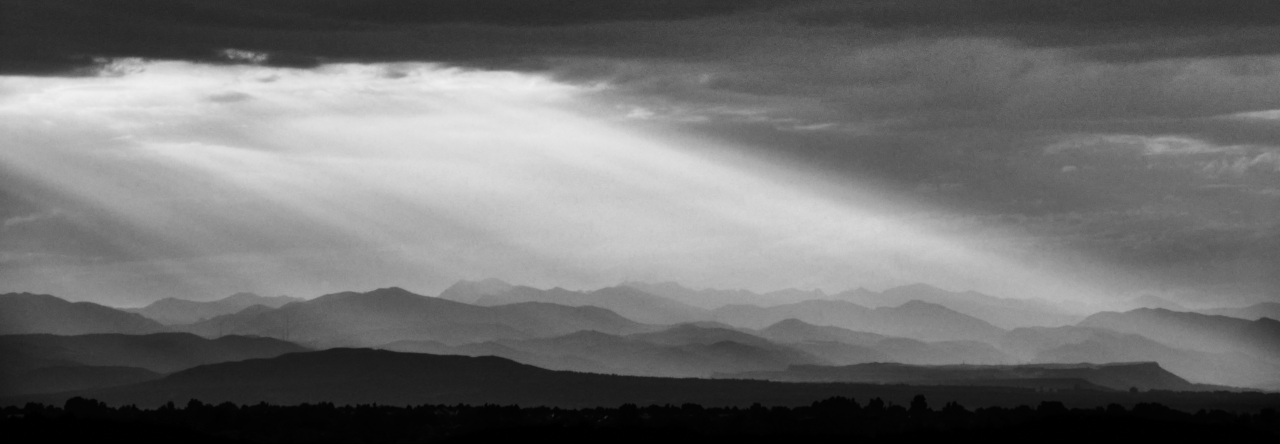I’m keeping a running list, as I reread How to Stop Time, of every time Matt Haig references music. I love how woven it is into the story, and how he writes about it.
Fair warning! There are likely to be some spoilers here, so, y’know, read the book first.
Will update (and clean this up) as I go:
- Dowland, “Come again, sweet love doth now invite”
- “lute music” in general
- Sweet Georgia Brown (on piano, specifically)
- Tchaikovsky 6th Symphony
- Billie Holiday
- Tom references “my sea shanty Spotify playlist”
- Don Henley, “The Boys of Summer”
- References to do with Tom’s mother:
- “the poignant French chansons Maman used to sing…the sad, nostalgic ones”
- “an air de cour” (singing while playing lute, “her fingers running fast across the strings as if escaping something”)
- she was “as comforted by singing a secular chanson as by a prayer”
- “Eighteen ninety-one. Tchaikovsky. Harlem. Hot Dogs. Champagne. Ragtime”
- Tom mentions the electric keyboard as an invention that’s simultaneously good and bad
- Hendrich lists the piano as a key invention within their lifetimes, and music as one of life’s key pleasures
- Hendrich gives Tom tickets to “Tchaikovsky. Tonight. The Music Hall. Hottest ticket in town,” and of course they go, noting Carnegie in the audience. Tchaikovsky (“a frail-looking man with an intense expression and thinning hair”) conducts. [I love this scene so much…Haig goes on to imagine Tchaik 4…I don’t think 4 was performed on the real programs Tchaikovsky presented in Carnegie Hall, but it is SO perfect for the moment in the book, and so lovely in Haig’s description both of the music and of what it does to Tom…I won’t spoil all that description here, but it’s amazing and you need to read it. Now. Even if you’ve read it before. Go read it again and come back.] (Incidentally and a little off-topic–though it gets at the way Haig describes Tchaikovsky–I like real-life Tchaikovsky’s diary entries about how nervous he was in these New York concerts…)
- Hendrich on Tchaikovsky, “‘He pisses over Brahms from a mountain, don’t you think?'”
- Tom’s heart beats “a frenzied jazz rhythm” while teaching
- Tom runs with his mother’s lute
- “Pipes. Singing. Mayhem” in 1599 London, then “A fiddler. A piper. A flautist…playing ‘Three Ravens’.”
- Rose: “‘You have no food but you are worried about a lute.'” and “‘A boy playing the lute! They will rain pennies on you.'”
- Tom playing in Bankside: “some French chansons,” then “English songs and ballads.” “I played best when I closed my eyes.” Later “singing a madrigal to a large pre-theatre crowd.”
- Tom giving Grace lute lessons: Greensleeves, The Sweet and Merry Month of May. Then teaching Rose: “‘Music is about time…it is about controlling time.'” Rose: “‘We are all the strings, aren’t we?'” and “‘A kiss is like music. It stops time…'”
- [to be continued!]

